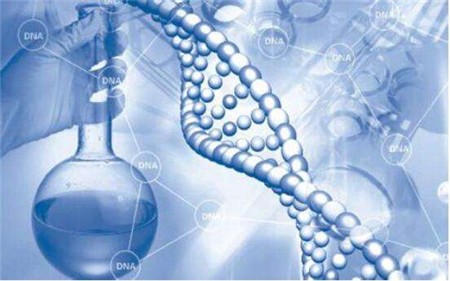[Foreword] Can genetic testing become a "fortune teller"?
Genetic testing is a high-tech technology, but it's not as good as we think it can be. Commercial genetic testing can only provide the risk probability of individual susceptibility genes, can not "cover all diseases", and must treat genetic testing rationally.
In recent years, "gene" has become a social hot word. Some commercial organizations have slogans such as "decoding life secrets, predicting future health", "gene detection, giving the best gift to their loved ones", and launching so-called talent genetic testing, genetic testing packages, beauty genetic testing, and familial disease risk prediction. So, with genetic testing, can you accurately predict the disease and even predict the child's talent? What kind of problems will genetic testing and profitability bring together?
First, commercial genetic testing only provides the risk probabilities of individual susceptibility genes and cannot be “all-inclusiveâ€.
From a technical point of view, genetic testing is a technique for detecting human DNA using human blood or body fluids. Most human diseases are polygenic diseases, usually caused by a variety of genetic variations and environmental, lifestyle and other factors. Existing genetic testing has found more than 1,000 human disease genes, but most of them are single-gene diseases. Therefore, the test results are mostly descriptions of the subject's future prevalence, and are generally expressed by risk probabilities such as “highâ€, “medium†and “lowâ€. For example, a subject has a susceptibility gene for Alzheimer's disease, and the risk of developing Alzheimer's disease in the future is moderate. The relevant explanation is that the subject is five times more likely to have senile dementia than the normal population.

There may be no people in the world who do not carry disease genes. But when you are sick, when you are sick, what is sick, how is the disease induced, or what kind of talent you have, genetic testing alone cannot be accurately determined. Scientists keep reminding the public that genetic testing has early-warming value for diseases, but it cannot be overly deified, and genetic testing should not be regarded as a "fortune-telling artifact", but a cautious and rational attitude. As for predicting what is "natural talent", I am afraid it is even more whimsical.
Secondly, the psychological impact of genetic testing on subjects should not be underestimated.
People are pursuing genetic testing. One of the main purposes is to find disease genes early, prevent them early, and improve their quality of life. The problem is that many human genetic diseases, even if they are discovered through genetic testing, are difficult to treat them effectively by existing medical treatments, or the cost of treatment is huge and individuals are unable to pay. In this case, can an individual afford this cruel "disease prophecy"?
In another case, some individuals do not necessarily develop disease even if they carry certain specific disease genes. Therefore, the so-called "disease prediction" may unreasonably increase the psychological stress of the subject. A foreign survey of genetic testing subjects showed that 40% of people need psychotherapy after receiving genetic testing; and a few people develop depression and suicidal tendencies after learning about their genetic risk. Therefore, there are regulatory requirements in the United States that people under the age of 18 cannot do genetic testing for Alzheimer's disease.
-60C Tuna Freezer
60C Tuna Freezer,Large Capacity Refridgerator,Medical Fridge Chest Freezer,Lab Medical Freezer
Guangdong Widinlsa International Co.Ltd , https://www.gdwidinlsa.com